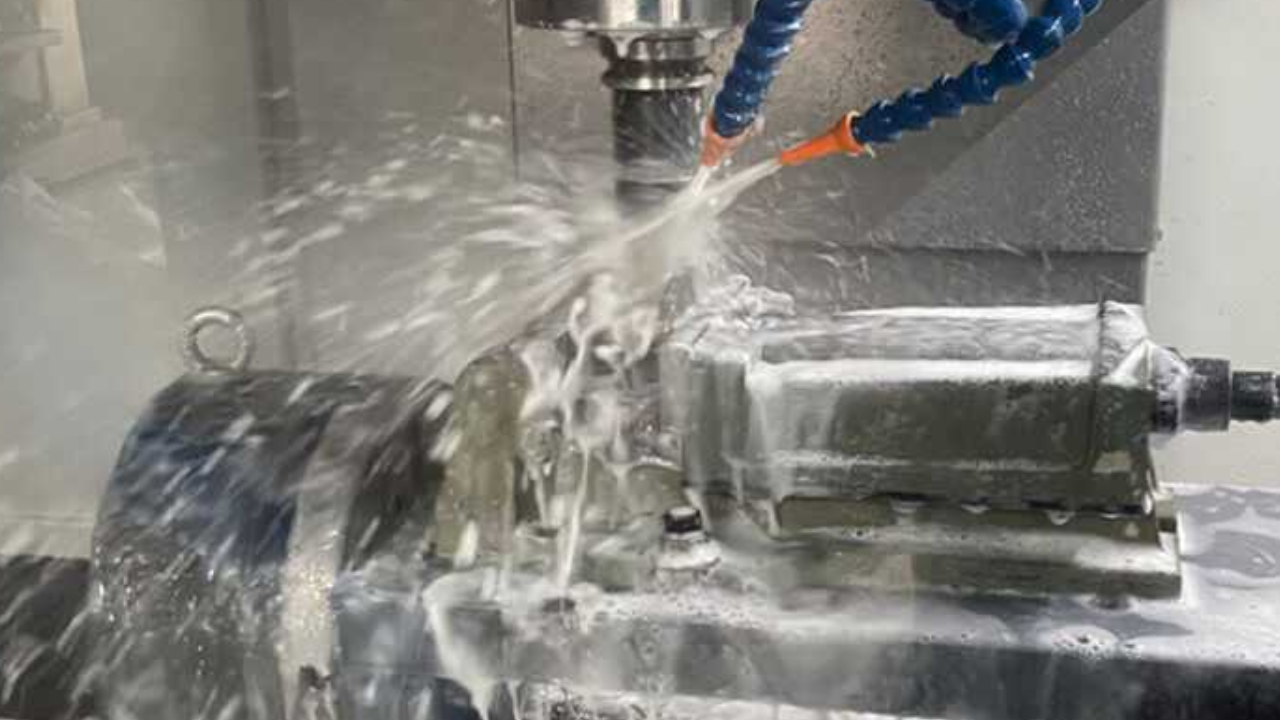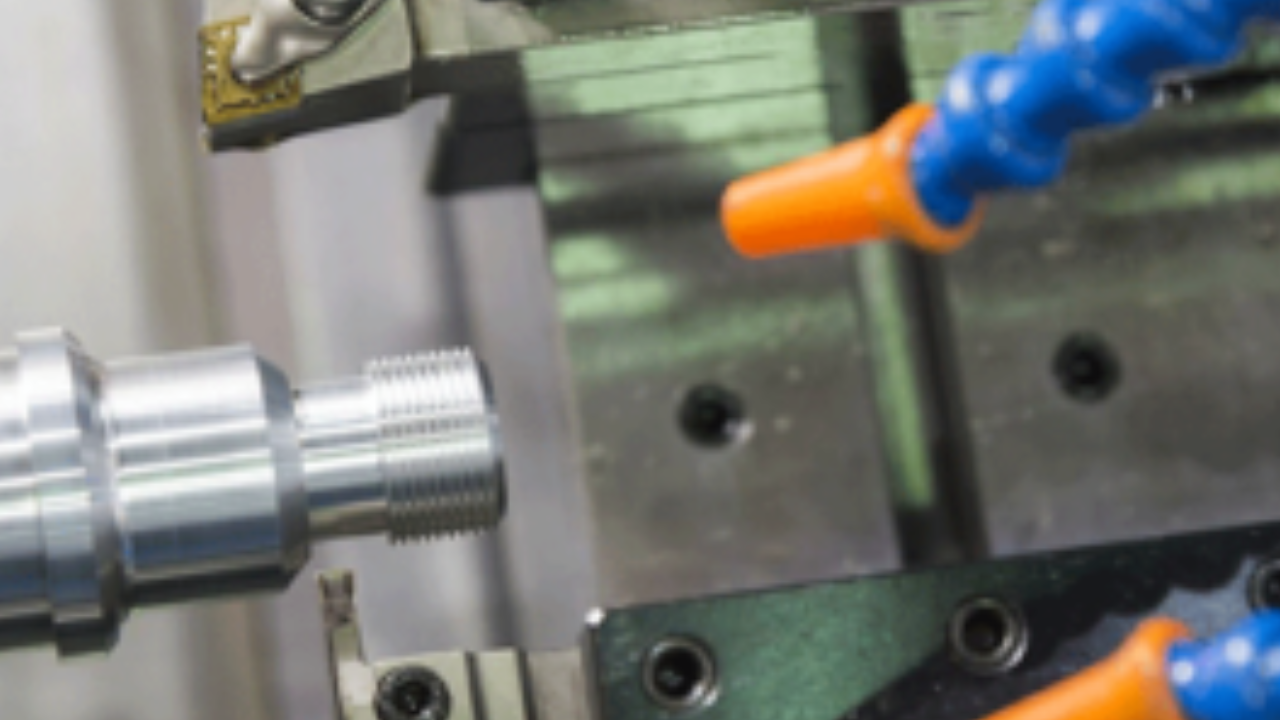In car engineering, what does forged mean in cars, the term “forged” refers to a specific manufacturing process utilized to make high-strength components basic for performance, strength, and security. Forging includes shaping metal, regularly steel or aluminum, utilizing compressive forces after it has been heated to a flexible temperature.
This process refines the grain structure of the material, improving its mechanical properties essentially. Within the setting of cars, forged components are imperative in different high-stress applications, particularly in motors, suspensions, and other basic parts. Here is an in-depth see of what “forged” means in cars and why it is pivotal for car execution and security.
Applications of Forged Components in Cars
The car industry depends intensely on forged components to attain ideal execution, solidness, and security. Manufacturing, a fabricating handle that includes forming metal utilizing compressive powers, altogether improves the mechanical properties of car parts. This process refines the inside grain structure of the metal, driving it to prevalent quality and solidness compared to other manufacturing strategies such as casting or machining. Here, we investigate the basic applications of manufactured components in cars, centering on motor components, suspension parts, wheels, and drive shafts and axles.
Engine Components
In high-performance and dashing engines, forged components are crucial. The extraordinary conditions inside these engines” high weights, temperatures, and speeds demand materials that can withstand noteworthy stress without failing.
Forged Cylinders
These can endure higher combustion weights, permitting more capable and effective motor operation. The fashioning handle gives cylinders greater quality and resistance to warm and mechanical stresses, upgrading their execution and life span.
Connecting Rods
Forged connecting rods are pivotal for transmitting the drive from the cylinder to the crankshaft. Their high quality and solidness are basic for maintaining motor astuteness beneath extraordinary conditions, anticipating failures that might be disastrous in high-performance settings.
Crankshafts
A produced crankshaft offers prevalent quality and weakness resistance, vital for changing the responding movement of the cylinders into a rotational movement to drive the vehicle. This component’s toughness is crucial for motor unwavering quality and effectiveness.
Camshafts
Forged camshafts give exact timing and toughness, guaranteeing proficient motor operation and execution. They are less inclined to wear and misshapen, maintaining ideal motor execution over time.
Control Arms
Forged control arms give the essential quality and strength to resist the powers experienced during driving. They contribute to way better dealing with and stability, basic for both standard and high-performance vehicles.
Knuckles
Forged knuckles interface the suspension components to the wheels, giving a solid and dependable link. Their vigor guarantees that the suspension system can handle energetic loads and stresses without compromising security or execution.
Quality and Delicacy
Forging makes denser and stronger wheels that can handle high-speed driving and harsh landscapes without including pointless weight. This comes about in moving forward speeding up, braking, and fuel productivity.
Durability
The improved mechanical properties of forged wheels make them less inclined to splits and distortions, guaranteeing life span and reliability beneath different driving conditions.
High Quality
Forged drive shafts and axles can withstand the significant torsional push and rotational powers included in control transmission. This quality is crucial for both heavy-duty and execution vehicles.
Reliability
These components are less inclined to turn and break under the stack, ensuring steady and dependable control conveyance. This reliability is pivotal for maintaining vehicle execution and security.
Conclusion
In the car world, “forged” means a manufacturing preparation that produces components with superior quality, durability, and execution characteristics. Forged parts are basic in high-performance and dashing vehicles, as well as in heavy-duty applications, where reliability and effectiveness are foremost. By understanding the benefits and applications of forged components, it becomes clear why they are a favored choice for engineers pointing to upgrade vehicle performance and security. The accuracy, consistency, and upgraded mechanical properties of forged parts make them crucial within the journey for car brilliance.













